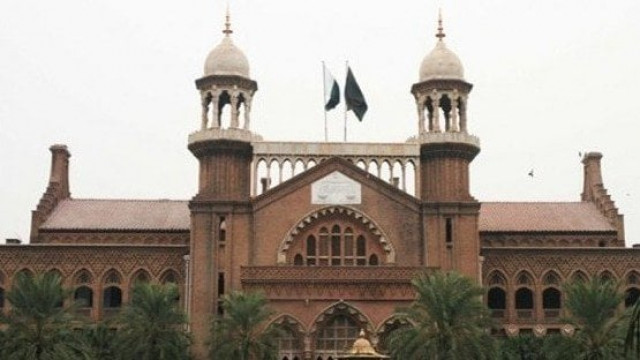PTA policy on restricting on web content

The Ministry of Information Technology will guide the PTA and issue policy advice on effective restrictions and monitoring of web content. The telecom authority informed the court that following a complaint, the universal resource locator (URL) or internet protocol (IP) could be blocked until an inter-ministerial committee, set up for the purpose of evaluation, investigated the complaint.
The committee will be responsible for evaluating content and determining its suitability for Pakistani portals. Based on the recommendations of the committee the federal government would proceed to issue directives to the PTA for further action on the blocked URLs or IPs.
According to PTA policy, material deemed objectionable on account of religious sensitivities or considered likely to undermine, ridicule, attack or belittle Islam, ethnic groups, regions or revered practices could be blocked. Websites that are seen to slander Pakistan or its people with the aim to undermine its integrity and solidarity will face a similar fate. Web content that violates provision of the constitution, or the law of the land and promotes sedition, terrorism, anarchy or violence within the country will be subject to restrictions.
The policy adds that content that defames the military, police, air force or any other institution of the state or attempts to divulge secret information will be censored. Websites containing propaganda against other states will also be blocked.
Following the registration of a complaint, the webpage will be blocked within 24 hours subject to the approval of the evaluation committee. All websites declared ‘objectionable’ will be referred to the PTA by the committee and the authority would then direct all licensed companies providing internet services to block the content for the country. The ministry informed the court that the committee will also be able to launch criminal proceedings by forwarding its evaluation reports to the FIA for legal action.
A PTA official told the court that the authority did not have the mandate to regulate internet content under the Pakistan Telecommunication Act 1996. It merely responded to directions issued by the federal government.
Deputy Attorney General (DAG) Naveed Inayat Malik told the court that the FIR registered against the owners of the social networking site Facebook at Civil Lines police station had been sealed.
Advocate Muhammad Azhar Siddique informed the court that the issue had not been raised at the United Nations ordered by the court.
To this the DAG replied that the ambassador to the United Nations had been directed to bring up the issue in the UN General Assembly. He submitted a copy of the resolution passed in the Council of Foreign Ministers meeting held in Tajikistan on May 18-20, 2010. The DAG stated that the issue will also be taken up in the next Organisation of Islamic Conference (OIC) meeting.
Justice Ijaz Ahmed Chaudhry was hearing the writ petition filed by the Islamic Lawyers’ Movement. The hearing has been adjourned for July 9.
Published in the Express Tribune, June 16th, 2010.



















COMMENTS
Comments are moderated and generally will be posted if they are on-topic and not abusive.
For more information, please see our Comments FAQ